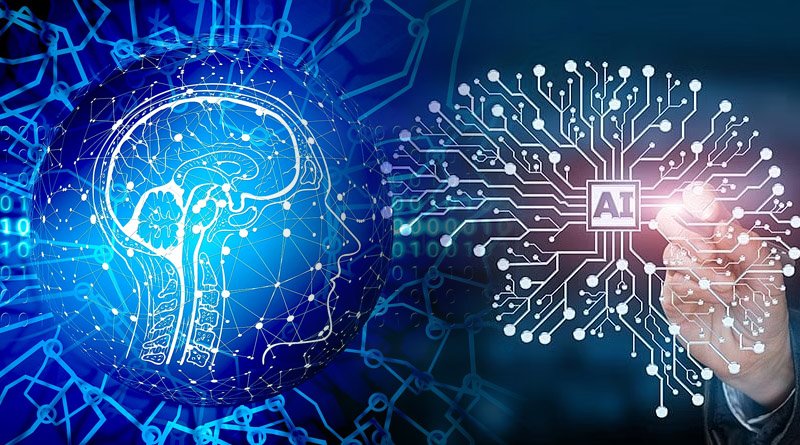Sam Altman, the CEO of OpenAi, the company that created ChatGPT, told reporters that executives were “surprisingly on same page on what needs to happen” in terms of regulation.

Tech executives were called to the White House on Thursday and instructed to safeguard the public from the risks of artificial intelligence (AI) products. Sundar Pichai of Google, Satya Nadella of Microsoft, and OpenAI’s Sam Altmann were told they had a “moral” duty to safeguard society.
According to the White House, additional industry regulation may be implemented. The public’s interest in recently released AI products, like ChatGPT and Bard, has increased.
They give regular people the chance to work with so-called “generative AI,” which can quickly summarise data from various sources, debug computer code, create convincingly human-sounding presentations and even poetry, among other things.
Because they provide a concrete example of the potential benefits and drawbacks of the new technology, their implementation has sparked fresh discussion about the place of AI in society.
Technology executives were warned that the administration was open to new laws and regulations to cover artificial intelligence and that it was up to businesses to “ensure the safety and security of their products” on Thursday when they gathered at the White House.
Sam Altman, the CEO of OpenAi, the company that created ChatGPT, told reporters that executives were “surprisingly on the same page on what needs to happen” in terms of regulation.
Following the meeting, US Vice President Kamala Harris said in a statement that although new AI technology products had the potential to improve lives, it could also pose risks to safety, privacy, and civil rights.
She stated that it was “the ethical, moral, and legal responsibility of the private sector to ensure the safety and security of their products.”
The National Science Foundation will invest $140 million (£111 million) in seven new AI research institutes, according to a statement from the White House. Both politicians and tech leaders have been urging for better regulation of the rapidly expanding field of emerging AI.
The “godfather” of AI, Geoffrey Hinton, resigned from his position at Google earlier this week, saying he now regretted his work.
Some of the risks associated with AI chatbots, he told the media, were “quite scary.” Elon Musk and Steve Wozniak, the co-founders of Apple, called for a halt to the technology’s rollout in a letter published in March.
And on Wednesday, Lina Khan, the head of the Federal Trade Commission (FTC), expressed her opinions on the need for regulation of AI. There are worries that chatbots like ChatGPT and Bard may be inaccurate and contribute to the spread of false information, as well as worries that AI may quickly replace people’s jobs.
There are also concerns that generative AI could flout copyright laws. Voice cloning AI could exacerbate fraud. AI generated videos can spread fake news.
Bill Gates and other proponents, however, have rebuffed calls for an AI “pause,” claiming that such a step would not “solve the challenges” that lie ahead.
According to Mr. Gates, it would be preferable to concentrate on the best ways to utilise AI advancements. Others worry that regulations could become too strict, giving Chinese tech companies a competitive advantage.
